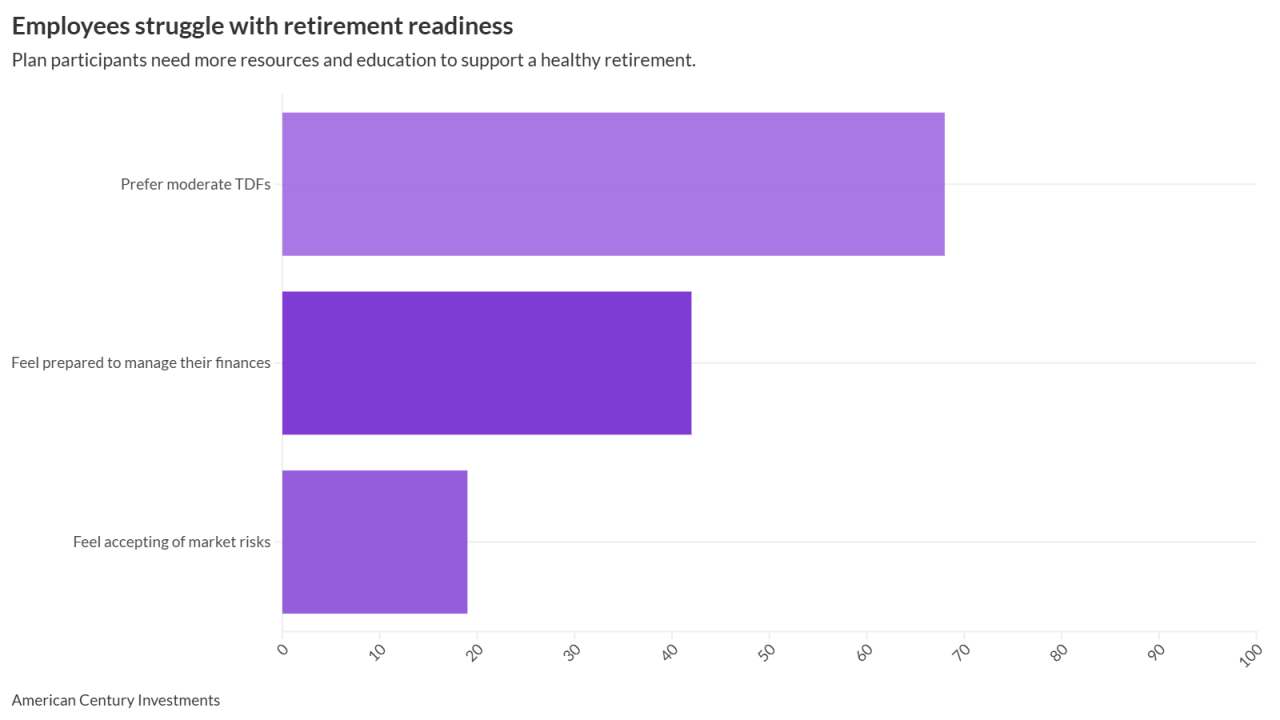Clients can roll their deceased spouse's IRA into their personal IRA or an inherited IRA before moving the funds into their own IRA, according to this Q&A article on MarketWatch. They can also do the same for their spouse's Roth IRA. Non-spouse beneficiaries, however, do not have this privilege, as they will have to assume the deceased investor's IRA as an inherited account or cash out and face taxes within five years. From a tax perspective, spouses below the age of 59 ½ will be better off keeping the assets as an inherited IRA, as moving the funds into their personal IRA and making early withdrawals could trigger a 10% tax penalty.

Although the total lifetime amount of Social Security retirement benefits will actuarially be the same regardless of when seniors start collecting their benefits, retirees are advised to consider external factors when timing the filing for their benefits, according to this article on Kiplinger. For example, they should consider filing early if their family has a history of terminal illness such as cancer and heart disease. They may also defer the benefits if they intend to tap their traditional IRAs, as it could result in a bigger tax bill and taxation of a bigger portion of their benefits.
About 23% of baby boomers are unsure when they intend to leave the labor force for good, according to this article on personal finance website Motley Fool, citing a survey by Harris Poll. Eleven percent of the respondents have not even thought about it, the survey also found. When planning for a specific age to retire, clients should decide according to how much savings they will be able to amass before that age, meaning they will have to hold off on retiring until they will have enough to secure their advance years.
While people are investing to secure their retirement and leave something behind for their spouse, clients should consider buying life insurance to provide a safety net for their families in case they pass away sooner than expected, writes an expert on USA Today. "Term life insurance is a policy with a fixed end date — usually 10, 20 or 30 years out, depending on when you expect the kids to be out of the house and your nest egg to be sufficient," the expert writes. "It is meant to ensure your family can cover funeral expenses, debt and other needs after you’re deceased."




